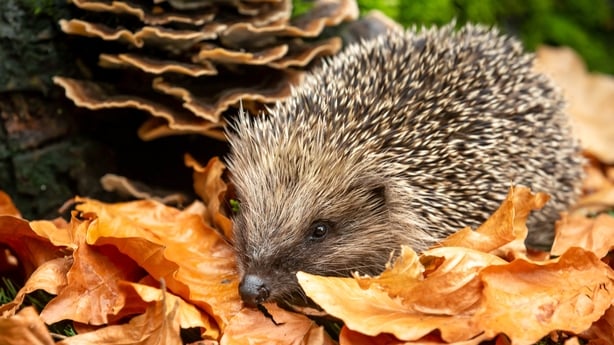Stay updated with the latest beauty tips, trends, and news from our salon experts. Our blog is your go-to source for all things beauty.
Mooney Goes Wild contributor Terry Flanagan shares his latest round up of nature news.
A few weeks ago I wrote about problems our hedgehogs faced. Well, it seems we can now add another one - and one you might not have thought of.
It seems that increasing temperatures are affecting their hibernation patterns. Hedgehogs normally hibernate from October or November till March or April.
Hedgehogs are one of the few mammals that are true hibernators. During hibernation, they drop their body temperature to match their surroundings and enter a state of torpor (physical or mental inactivity). This allows them to save a lot of energy but slows down all other bodily functions making normal activity impossible.
However, with milder winters, our hedgehogs may not be entering hibernation, and this could lead to problems. The Jersey Hedgehog Preservation Group have encouraged people to leave out dishes of water and bowls of dry cat food for these little creatures.

Milder winters mean hedgehogs stay active for longer. The group recommended islanders make a feeding box to keep food fresh and prevent cats and birds from eating it. It said feeding boxes could be made by cutting a 5in (13cm) round hole and placing it upside down.
Islanders could buy ready-made boxes from the centre at White Lodge for a donation, the group said.
Hedgehogs were introduced to Jersey in the middle of the 19th Century at around about the same time as red squirrels, according to the group.
NB: Never feed your hedgehogs milk; they are lactose intolerant and it will make them very sick.